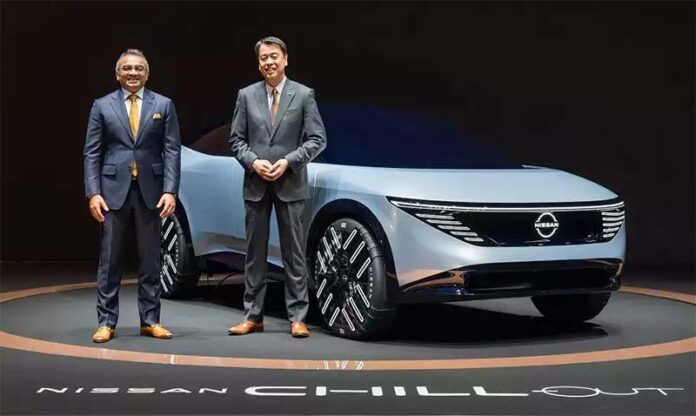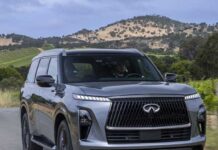
Nissan Motor Co Ltd on Monday, 29th November announced its plans to accelerate the electrification of its vehicle lineup and rate of technology innovation with investments of 2 trillion yen (USD 17.6 billion) over the next five years. The Japanese auto major wants half its global sales to be electric or hybrid vehicles by 2030.
Unveiling its long-term plan under Nissan Ambition 2030, the company said it will introduce 23 electrified vehicles that use a range of technologies that use electricity for propulsion by 2030, including 15 electric vehicles (EV). It also said it planned to introduce all solid-state batteries by March 2029.
Chief Executive Officer Makoto Uchida said, “The role of companies to address societal needs is increasingly heightened. With Nissan Ambition 2030, we will drive the new age of electrification, advance technologies to reduce carbon footprint and pursue new business opportunities. We want to transform Nissan to become a sustainable company that is truly needed by customers and society,”.
Representing the next stage of Nissan’s electrified future, the company also unveiled three new concept cars that offer enhanced experiences through sophisticated technology packaging. These concepts showcase the thrilling possibilities that Nissan strives to provide across a wide range of new advanced vehicles and ecosystems.
“We are proud of our long track record of innovation, and of our role in delivering the EV revolution. With our new ambition, we continue to take the lead in accelerating the natural shift to EVs by creating customer pull through an attractive proposition by driving excitement, enabling adoption and creating a cleaner world,” Nissan COO Ashwani Gupta said.
According to the company, by 2030 all the vehicles it sells in Europe will be electric or hybrid models, with a goal of 70% in North America and 100% in China by 2035. Nissan said 20 of its new electric models would hit the market in the next five years, setting a target for electric cars to make up for 75% of sales in Europe by fiscal 2026.
Nissan also seeks to establish a global battery supply system to meet the growing customer vehicle demand and support the growing number of EVs in use. Working with its partners, Nissan intends to increase its global battery production capacity to 52 GWh by fiscal year 2026, and 130 GWh by fiscal year 2030.









